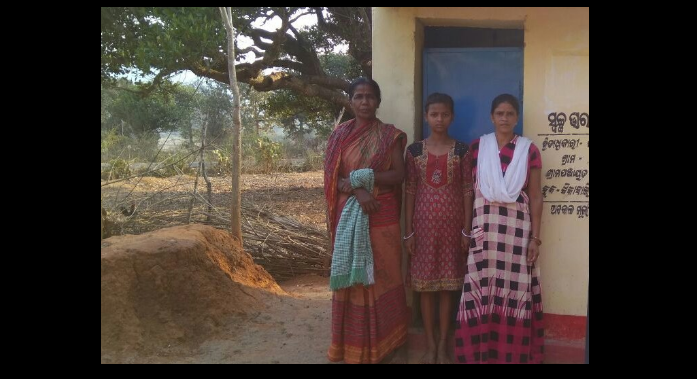An opinion piece titled The truth about Swachh Bharat was published in The Telegraph recently. The Ministry of Drinking Water and Sanitation has sent out its response to the claims made in the piece about the progress made under the Swachh Bharat Mission (Grameen) and the veracity of the findings of the National Annual Rural Sanitation Survey 2018-19. Here is verbatim, what the Ministry says:
The piece compares the nationwide 90240 household survey, National Annual Rural Sanitation Survey (NARSS), conducted in over 6000 villages, with a study of four states conducted by r.i.c.e. that surveyed merely 1558 households in 157 villages in the four States. Surprisingly, the piece seems to attach greater credibility to this statistically insignificant and non-representative sample survey than the large-scale NARSS survey. It is relevant to mention here that the methodology and processes of NARSS have been developed and approved by an empowered and independent Expert Working Group (EWG) comprising leading experts on statistics and sanitation which include Prof. Amitabh Kundu, Dr N. C Saxena, World Bank, UNICEF, BMGF, Water Aid India, Ministry of Statistics and Programme Implementation (MOSPI), among others. The EWG oversaw the entire survey process and some of the members also conducted field visits to validate the data collection process and do a thorough quality check on the results.
The piece calls the nationally representative and expert validated NARSS survey “statistical jugglery” while believing the statistics of the r.i.c.e. survey, which was found to be rife with gaps in methodology and bias of the surveyors which was evident in the questionnaire design itself. These gaps have been highlighted by this Ministry in detail through a media statement published on the PIB website, dated January 9, 2019.
The NARSS 2018-19 is the largest independent sanitation survey in the country to date, making it the most representative sanitation survey in the country. The survey has found toilet usage in rural India to be 96.5%. Two more independent surveys conducted in the past by the Quality Council of India in 2017, and National Sample Survey Organization in 2016, also found the usage of these toilets to be 91% and 95% respectively.
Independent verification of Swachh Bharat Gramin confirms 93% usage of toilets
These results speak for themselves and cannot conceivably be achieved without true behavior change happening at the grassroots. The claims made in this opinion piece about the programme being focused on toilet construction rather than behavior change, therefore, seem to be either ignorant or biased. The piece goes as far as to quote a 2008 study with the aim to debunk a programme that was launched only in 2014. Glaring inconsistencies like this, aside from quoting anecdotal incidents in an attempt to debunk statistically proven results points further to the obvious bias of the authors.
The Swachh Bharat Mission (Grameen) is a people-led sanitation movement in rural India and is on track to achieve an ODF India by October 2019.

